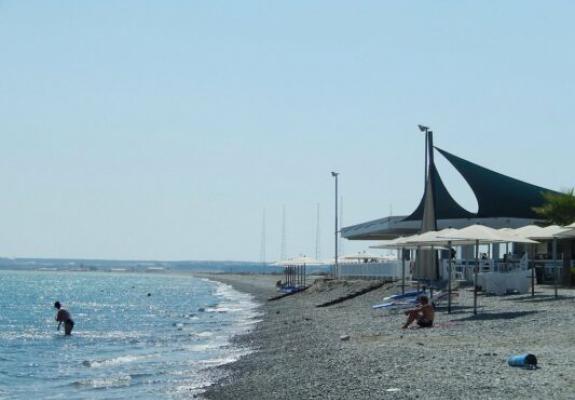Controversy Grows Over English-Language Programs at Cyprus’s Public Universities
UCY Rector Tasos Christofides: “It’s time to move forward and allow public universities to align with their European counterparts.”
Members of the Parliamentary Committee on Education expressed differing views on whether public universities in Cyprus should be allowed to offer undergraduate programs in foreign languages, as discussions continued Wednesday on the regulations governing such programs at the University of Cyprus (UCY) and the Cyprus University of Technology (CUT).
Committee Chair and DIKO MP Pavlos Mylonas stated that in the next session, Parliament will discuss a draft law submitted by AKEL proposing that English-language undergraduate programs be offered free of charge to Cypriot and EU citizens.
Mylonas expressed his intention to bring the legislation to a plenary vote before the summer recess, although if that does not occur, the debate will continue in September. “It’s a sensitive issue, with strong views from across the political spectrum, but we are approaching the end,” he noted.
DISY MP Giorgos Karoullas said the legislation should include safeguards, such as ensuring sufficient places in Greek-language programs and requiring parallel offerings in both an official language and a foreign language. “This discussion must come to a close so we can move forward,” he added.
AKEL MP Christos Christofides emphasized his party’s proposal for tuition-free access to English-language undergraduate programs for Cypriots and EU citizens. Without this provision, he warned, two categories of students could emerge—some paying tuition and others not—undermining the quality of Greek-language education.
Christofides also criticized two Education Ministry amendments, submitted to the committee that day, which public universities have opposed. He argued the amendments constitute “direct interference in the autonomy and academic freedom of universities.”
Independent MP Andreas Themistocleous argued that foreign students' needs are already met by the 14 private universities in Cyprus, which collectively offer 150 Greek-language and 270 foreign-language programs. He claimed that most foreign students are Greek nationals, who will eventually study in Greece once private universities are legalized there.
If public universities in Cyprus begin offering English-language undergraduate programs, he warned, this will lead to the “weakening and eventual erosion” of Greek-language programs. “If this law passes, private English-language school owners will use it as a marketing tool,” he said, adding that “public education will be seriously undermined.”
In response, UCY Rector Tasos Christofides urged progress: “It’s time to move forward and allow public universities to align with their European counterparts.” He questioned why Cypriot universities are criticized for English-language programs, while Greek university branches operating in Cyprus offering similar programs face no backlash, describing the opposition as outdated fears and resistance to change.
“We are not trying to reduce the number of Greek-language programs or students,” he stressed, “but we cannot remain stagnant and refuse to offer English-language programs.”






